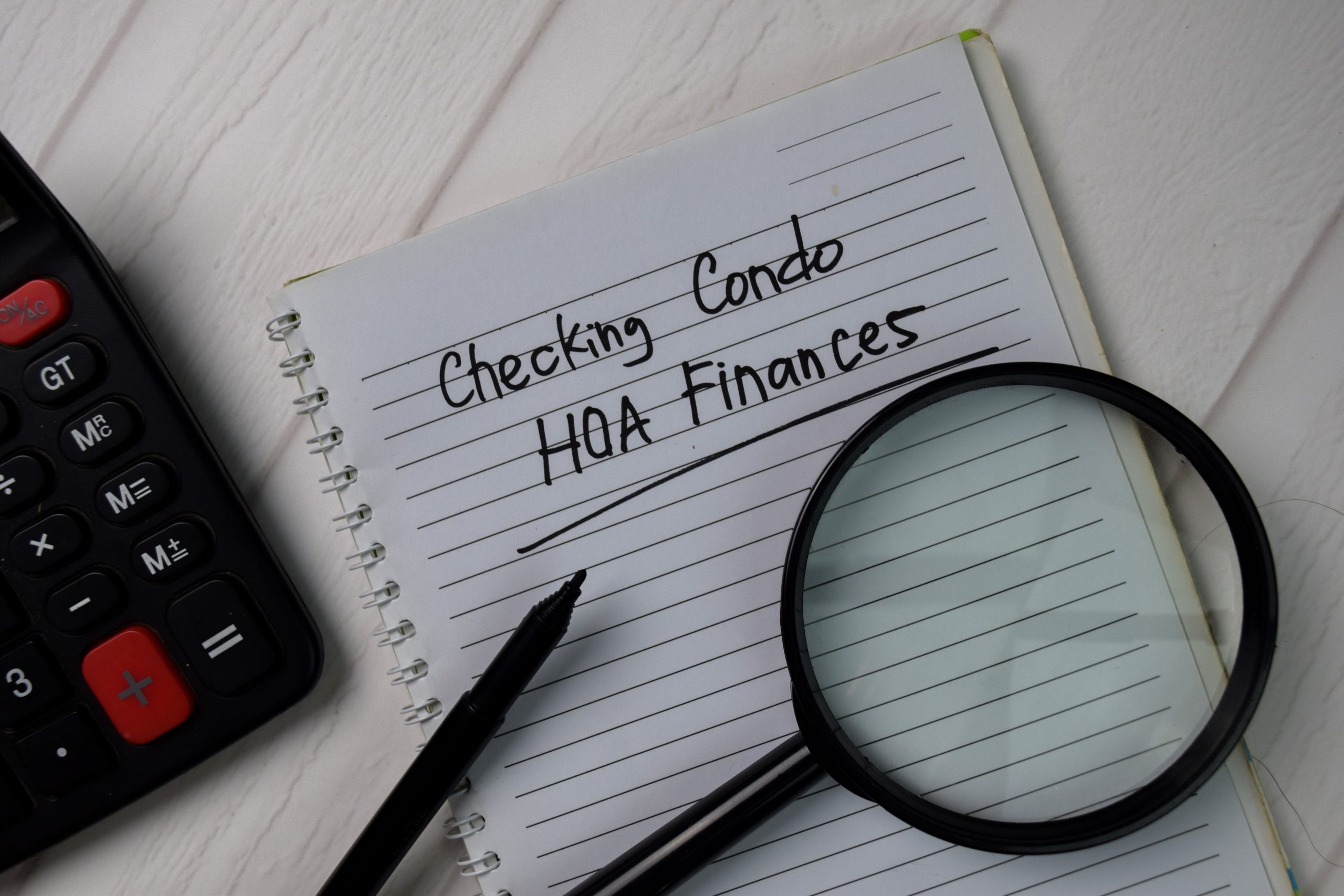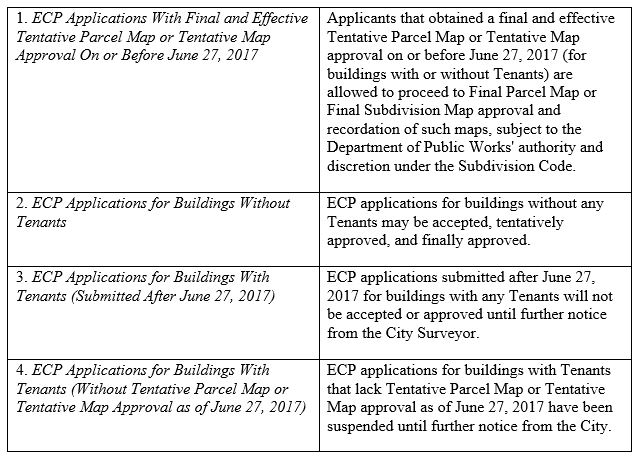We are following up on a previous update where we discussed Assembly Bill 572. After undergoing a few amendments in the State legislature, the Bill passed and became effective January 1, 2024. AB 572 amended Section 5605 of the California Civil Code, which is part of the Davis-Stirling Common Interest Development Act.
The amended law, with certain exceptions, prohibits a homeowners association (HOA) that records its original declaration (CC&Rs) on or after January 1, 2025, from imposing an increase of a regular assessment on the owner of a deed-restricted affordable housing unit that is more than 5% plus the percentage change in the cost of living, not to exceed 10% greater than the preceding regular assessment for the HOA’s preceding fiscal year.
In a significant break from previous State law and regulations, a qualifying HOA may impose an assessment against an owner of a deed-restricted affordable housing unit that is lower than the assessment imposed against other unit owners according to the proportional ownership of total subdivision interests subject to assessments. This change would appear to allow an HOA to require market-rate unit owners to subsidize affordable unit owners with respect to payment of certain HOA assessments.
The new law is not all encompassing. As stated above, it only applies to new common interest developments that record their original CC&Rs on or after January 1, 2025. It also does not apply to any of the following:
- A development of 20 units or fewer.
- A development where the percentage of the units that are deed-restricted affordable housing units exceeds the percentage required by an applicable zoning ordinance in effect at the time the development received final approval.
- A development that is located within a city, county, or city and county that does not have an applicable zoning ordinance requiring a percentage of deed-restricted affordable housing units and meets either of the following conditions:
- The percentage of the units that are deed-restricted affordable housing exceeds 10 percent of the total number of units in the development at the time the development received final approval.
- For certain other developments that were approved for streamlined processing pursuant to Section 65912.124 of the Government Code, the percentage of the units that are deed-restricted affordable housing exceeds 15 percent of the total number of units in the development at the time the development received final approval.
The well-intentioned law is designed to protect owners of designated affordable housing units from large increases in HOA assessments. Owners of affordable housing units are typically low or moderate income and large increases in HOA assessments can be a financial burden, and can jeopardize their ability to afford the HOA assessments along with the monthly mortgage and other costs of home ownership.
Critics of the new law argue that it could lead to disproportionate financial burdens on homeowners who cannot afford to subsidize others as well as create inequities and divisions within the community by identification of a class of affordable housing or low-income owners, which could lead to resentment among other owners.
Critics also point out that the law may undermine the ability of HOAs to raise the necessary funds to maintain the community by limiting assessment increases for all owners in the HOAs effort to avoid unequal assessments, resulting in artificially low budgets, and/or deferred maintenance and repair obligations. Artificially low assessments could eventually require multiple special assessments to fund HOA budget shortfalls.
Authored by Reuben, Junius & Rose, LLP Attorney Jay Drake.
The issues discussed in this update are not intended to be legal advice and no attorney-client relationship is established with the recipient. Readers should consult with legal counsel before relying on any of the information contained herein. Reuben, Junius & Rose, LLP is a full service real estate law firm. We specialize in land use, development and entitlement law. We also provide a wide range of transactional services, including leasing, acquisitions and sales, formation of limited liability companies and other entities, lending/workout assistance, subdivision and condominium work.








